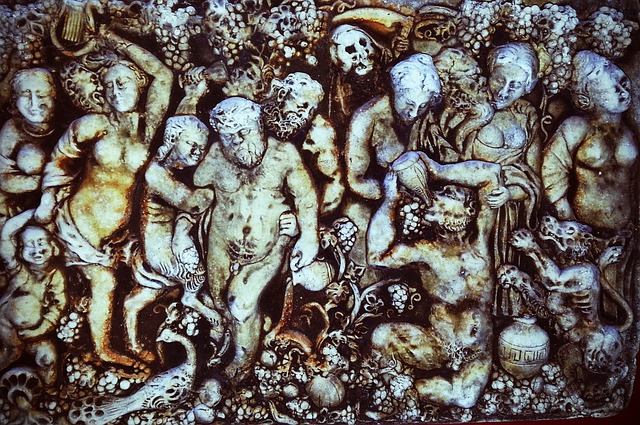
Immorality is the opposite of morality.
Immoral is an adjective that is used to name someone or something that is opposed to morality . Morality, for its part, is made up of the set of values, customs, beliefs and norms of a person or a community .
For example: “Several religious groups described the advertising as immoral by presenting two women and a man in an intimate situation ,” “The rock band provided an immoral show that outraged the audience present,” “Being a millionaire in such a poor country .” It is something immoral.”
Concept of immoral
Immorality, therefore, is that which deviates from good customs or actions that are considered correct . People are expected to respect a kind of guide for coexistence and action that is governed by morality: when they deviate from their postulates, they engage in immoral behavior.
It is important to note that morality depends on each culture or social group , so something that is immoral for some may not be immoral for others. Sexuality and religion are often objects of moral debate.
In some groups, a heterosexual woman having sex with a different man every week may be considered immoral. In other contexts, however, behavior of this type does not imply anything abnormal or reprehensible, since it is a decision that falls within their intimate sphere.
Those who have two simultaneous romantic partners, or those who do not attend the religious service indicated by the ecclesiastical authorities, can also be accused of being immoral. It is evident that the accusation of immorality, therefore, depends on multiple factors , from cultural to generational.

Homosexuality is considered immoral in some cultures.
A human construction
Morality is one of those elements that, despite having been invented by humans , govern our lives as if they were irrefutable truths, components of nature that we were condemned to accept. A similar example is guilt, and both concepts are related: our elders teach us to feel guilty if we do not respect a series of commands, many of which are related to morality, and the majority cannot escape this macabre and twisted system. .
For a thinking mind, it is enough to notice that the same action can be classified as immoral in one culture and acceptable in another to understand that it is an absurd and capricious concept. As long as our behavior does not invade the freedom of others, living beings should have the right to do whatever we want with our bodies and minds. What leads a person to severely criticize the actions of another, even though they have no direct impact on their life? Probably fear .
Immorality and customs
What is immoral, if not a name that we decide to give to that which scares us, that we do not understand or that we want to try but do not dare? The Royal Spanish Academy relates the term moral to goodness and malice , as two extremes that serve to measure a person's actions and thus determine how to rate them. However, in everyday speech it is not as common for morality to appear in descriptions of criminal acts as it is to see it in relation to homosexuality and the intimate life of a heterosexual woman: two men or two women walking hand in hand through a park are immoral, and so is a free woman.
The most ironic thing about the good customs that morality seeks to protect is that they do not include kindness towards animals, nor the acceptance of other human beings or equal conditions and rights for all: no newspaper calls a man who leaves immoral to his dog all day in a 30 square meter apartment and who walks him on a leash for ten minutes when he returns from work, nor to one who demands that his wife maintain the house and cook, as if he were incapable of carrying out the tasks. same tasks.
